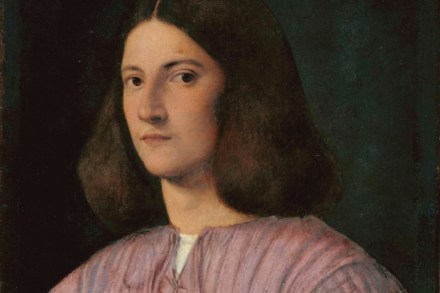The Independent hasn’t died, it has merely changed its form
Our newsagents are about to get a little duller: the Independent is no more – at least, not the print edition. I know that, in this brave new digital world of ours, we’re not supposed to equate the end of print with the death of a title. But it’s certainly the end of an era.




























